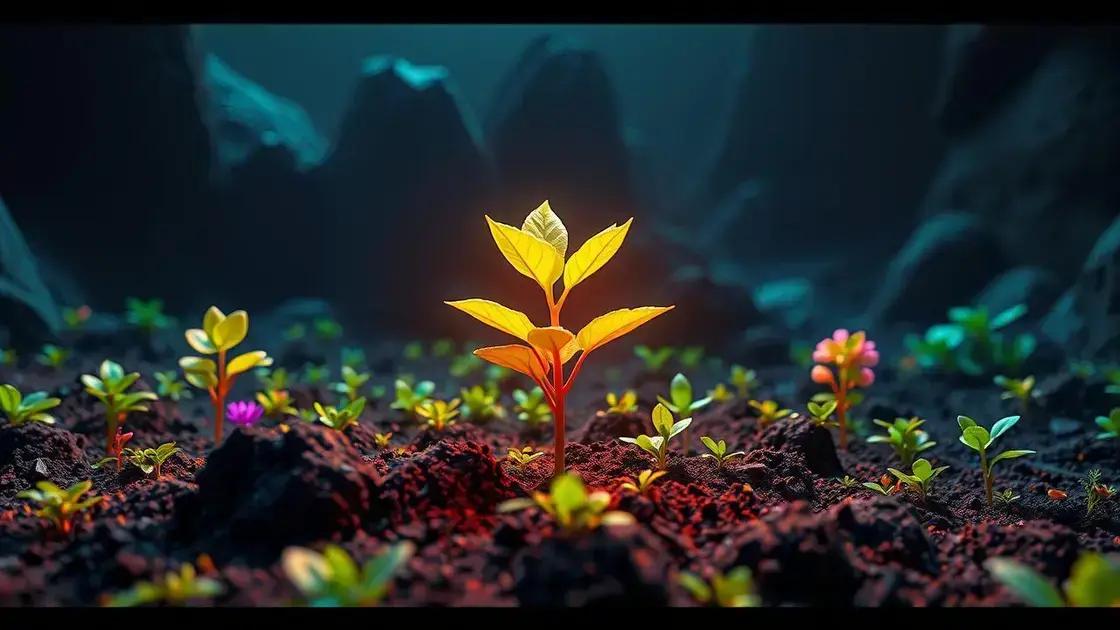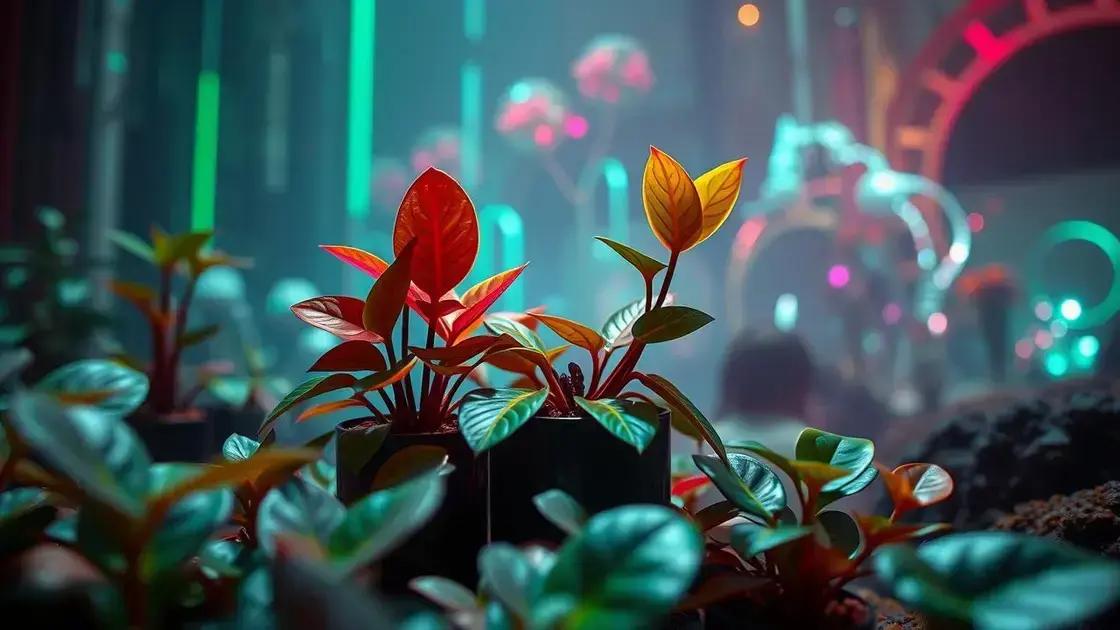How to Take Care of a Peperomia Plant: 5 Simple Tips for Success
How to take care of a peperomia plant can often seem daunting, especially for new plant owners. Discovering the right balance of water, light, and nutrition is key to ensuring your peperomia thrives in your home. Let’s explore how to give your plant the best care possible!
Table of Contents
ToggleEssential watering tips for your peperomia plant
Essential watering tips for your peperomia plant can make a significant difference in maintaining its health. Peperomia plants are relatively low maintenance, but the right amount of water is crucial. Too much or too little can lead to a range of health issues. Here’s how to ensure your plant thrives:
Understanding pepperomia watering needs
- Peperomia prefers to be on the drier side.
- Allow the top inch of soil to dry out between watering.
- Adjust your watering frequency based on the season; less in winter.
Steps for effective watering
- Check the soil moisture by feeling it with your fingers.
- Water thoroughly until it drains from the bottom of the pot.
- Discard excess water from the saucer to prevent root rot.
Common mistakes to avoid
- Overwatering: A common issue that leads to yellow leaves.
- Using cold water: Always use room temperature water.
- Ignoring drainage: Ensure pots have drainage holes.
Signs your peperomia needs water
- Leaves become wrinkled or droopy.
- Soil feels dry an inch below the surface.
- Leaves may curl as a sign of distress.
In addition to following these watering tips, consider the exploring indoor gardening techniques to enhance your plant care journey.
Meta description: Essential watering tips for your peperomia plant to ensure optimal health and growth. Discover effective strategies for proper maintenance.
Choosing the right soil for optimal growth

Choosing the right soil for optimal growth is essential for your peperomia plant. The right soil mix not only provides the necessary nutrients but also ensures proper drainage, preventing root rot. Here’s how you can select the best soil for your peperomia:
Ideal soil composition
- A well-draining potting mix is critical.
- Look for a blend that includes peat moss and perlite.
- A mixture with orchid bark can enhance aeration.
Types of soil to consider
- Standard potting soil: Great for beginners, but ensure it includes additives for drainage.
- Succulent mix: Works well due to its excellent drainage properties.
- Homemade mix: Combine equal parts of peat, perlite, and compost for an ideal balance.
Tips for soil maintenance
- Refresh the top layer every year to provide new nutrients.
- Monitor soil moisture to avoid compaction.
When selecting soil, consider exploring indoor gardening techniques to further enhance your knowledge and skills.
Meta description: Discover essential tips for choosing the right soil for optimal growth of your peperomia plant to ensure its health and vibrancy.
Light requirements to keep your peperomia healthy
Light requirements to keep your peperomia healthy are crucial for its growth and vitality. Understanding how much light your plant needs can ensure it remains vibrant and free from common ailments. Here’s an overview of the light conditions your peperomia craves:
Ideal light conditions
- Peperomia thrives best in bright, indirect sunlight.
- Avoid direct sunlight, which can scorch the leaves.
- Low-light conditions can work, but growth may slow down.
Signs of inadequate light
- Stretched leaves or a leggy appearance.
- Leaves becoming yellow or dropping off.
- Overall slow growth and lack of new leaves.
Tips for providing the right light
- Place your peperomia near a window with filtered light.
- Rotate the plant regularly to ensure even light exposure.
- Use grow lights if natural light is limited, especially in winter.
For more insights into plant care, consider exploring indoor gardening techniques that can enhance your knowledge.
Meta description: Discover essential light requirements to keep your peperomia healthy for optimal growth and vibrancy in your home.
In conclusion
Caring for your peperomia plant requires understanding various factors such as watering, soil, and light conditions. By following the essential tips covered in this guide, you can create a thriving environment for your peperomia. Whether you are a novice or a seasoned plant parent, continually educating yourself will enhance your indoor gardening experience. For more insights and tips on enhancing your indoor garden, connect with fellow plant enthusiasts and share your journey!

